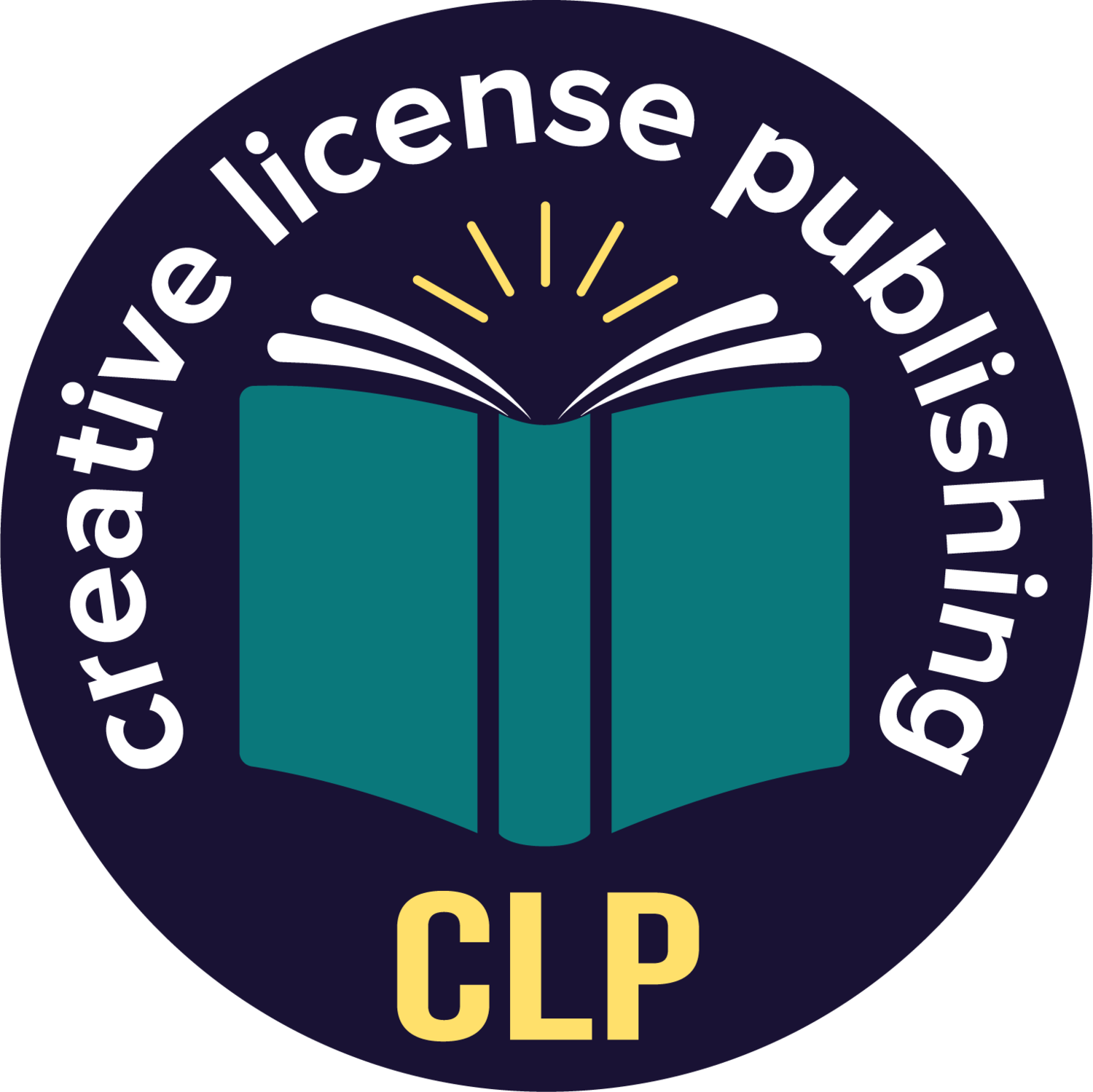Don't Compare and Lament
Celeste Chin
Someone once told me that the difference between published and unpublished writers is that one finished their work and the other didn’t. Do I believe that statement? Yes and no. But what that statement suggests is that we, as writers, need to just write. And one of the biggest road blocks to finishing those manuscripts is the compulsion to compare our work to others. The need to compare is innate. Let’s face it, from the moment we are born we are compared to others. Don’t get me wrong, not all comparing is bad. Comparisons can introduce us to different perspectives and incentivize us to elevate our work. However, I am referring to comparisons that can impede our creativity and productivity.
For example, last year my youngest asked me to go to Barnes and Noble with him to pick up a book he wanted to read. Now, as a mother of two teenagers who only read the required reading for English, I jumped at the chance. To say I shut my computer screen and grabbed my car keys in a nanosecond would be the understatement of the century.
As we drove, I turned to him and asked, “Ok, so what’s this book about?”
“Weight lifting.”
“Who wrote it?” I asked enthusiastically, although uninterested in the topic of weight-lifting–I subscribe to the theory that reading is reading.
“He’s that Youtuber that I watch, you know Don-”
“What?” I cringed, cutting him off. “That guy? He can barely formulate a sentence!” I swallowed hard and immediately changed my tone–desperate to keep the mood lighthearted.
“It’s a best-seller, he’s made tons on his Youtube videos!”
I was depleted. I was writing a meaningful, impactful and informative book with a well-known psychologist and this guy, who perpetuates the persona of a knucklehead on a Youtube channel got a book on the shelves of Barnes and Noble. Now the purpose of this story is not to bash this guy–although it may seem like it–but to relay that feeling of frustration over other writers getting published while you are still struggling. Let’s face it, we can’t help but compare.
To this author’s credit, he found his voice and it worked for him. He stayed true to what he knew and got it done. He clearly wasn’t trying to be Ernest Hemingway or Shakespeare or even the overly formulaic James Patterson. No, he was writing about something that was true for him and it resonated with his target audience–my son being one of them. And as I stood on line that day with my excited teen thumbing through the first pages of this book, I realized what set me apart from this writer was that he got it done. While I was still lamenting over edits and filled with doubt over my own book, I was in fact purchasing his book at Barnes and Noble.
Let’s switch gears for a second. I love American Idol and my kids and I watch it religiously. Last year’s winner, Gabby Barrett, expressed her adoration for Carrie Underwood. Gabby is a wonderful young singer, but when she performed this week, she had changed. Her sound, movements, mannerisms and her look were an obvious attempt to duplicated Carrie. Gabby, to me, was unrecognizable from how she looked last year. My point: comparisons are good if they are used to constructively elevate your work. Where comparisons get dangerous is when you try to be something or someone you aren’t–it robs your audience of the joy of experiencing what you have to offer.
So writers, I’m telling you to stop comparing and finding excuses to why others are getting their books out there or trying to be a writer you’re not. Stick to your truths, the story you want to share and don’t do damaging, negative comparisons–they will just induce self-doubt which inevitably wastes time.
My advice:
1- Write your story, your way
2- Join a writing group (read our previous blog on writing groups)
3- Complete your manuscript
4- Call CLP to get target reader reviews
5- Finalize your manuscript after target reader feedback
6- Decide to self-publish or go after mainstream
If Self-publish is your choice or the only choice:
7- Call CLP for editing and self-publishing advice
8- See your work finished and market it
9- Start your next story
The previous list may seem like a simplistic breakdown of the process but sometimes simplicity is best. Take the one-step-at-a-time approach, maintain focus, use comparisons only if you learn from the work you are comparing yourself to, and avoid getting lost in self-doubt comparisons. Stick to you being you and your future readers will benefit.
